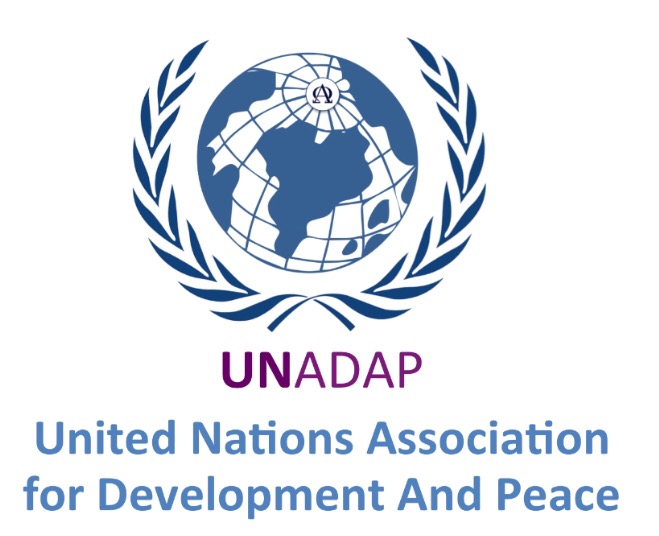UNICEF, for every child | a digital bridge
- UNADAP | United Nations
- Dec 1, 2022
- 4 min read
Today, more than 29 per cent of the world’s youth – 346 million people between the ages of 15 and 24 – are not connected to the internet. To be disconnected in a digital world is to be deprived of opportunities to learn, communicate and develop skills for the 21st century. Unless access and skills are available more equally, connectivity only deepens inequity, reinforcing deprivation from one generation to the next.
Waibai Buka sits in the shade of a tree in the dirt courtyard of her school in Baigai, Cameroon, in the Far North Region, close to the Nigerian border.
The school is like any other in the area – large concrete classrooms, rows of wooden desks and benches facing chalkboards, groups of children dressed in neat uniforms adorned with the red, green and yellow of Cameroon’s flag.

But a closer look reveals unusual details: a solar panel and satellite dish bolted to the tin roof of one classroom, and sky blue tablets stacked on a headmaster’s desk.
In a region with extremely low internet penetration, Baigai Public School is exceptional – it has internet access. And after just a few months of learning, 12-year-old Waibai is now the resident digital whiz.
Like most children living in the Far North Region, Waibai never had access to the internet growing up. Her family’s small clay house doesn’t even have electricity.
“I remember the moment I used the internet the first time. It was in January 2017,” she says. “Before that, I didn’t even know what the internet was.”
Without an internet connection or any digital tools to speak of, teachers in Waibai’s school would show the children pictures of computers and try to describe how the internet works. But how could teachers, many of whom had also never accessed the internet, possibly articulate the vast e-world just beyond these children’s fingertips?







Comments